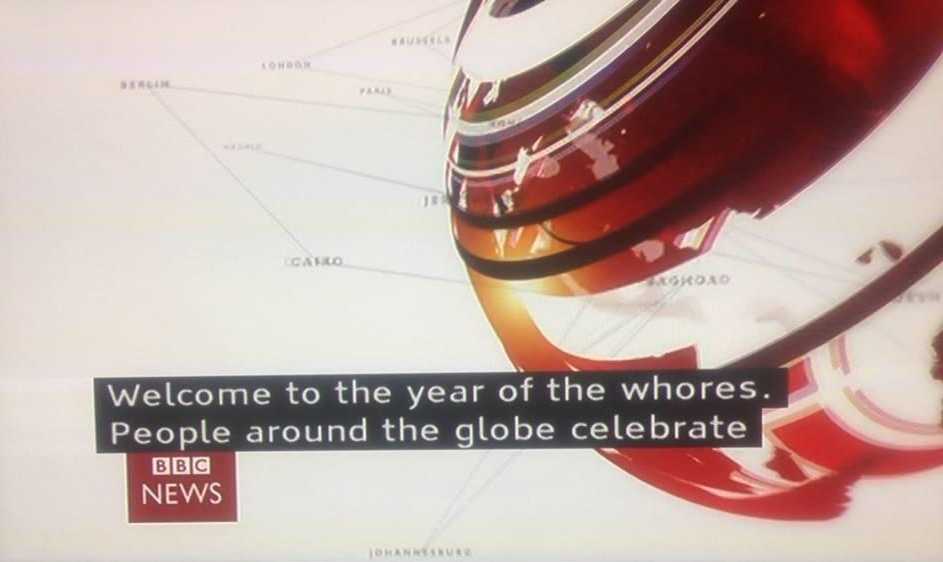Philosophical arguments about methodology
From Anthony Chemero, Radical Embodied Cognitive Science:
Imagine the scene: An academic conference. Two cognitive scientists, casual but friendly acquaintances, are chatting in a hotel bar.'
"So, what are you working on now?"
"I've been doing some stuff with [insert one of: ecological psychology, connectionist networks, dynamical modeling, embodied cognition, situated robotics, etc.]."
"But [insert name(s) here] already showed that that approach is hopeless. The paper was published in …"
"Yeah, yeah. I've read that one. I don't buy it at all. [Reinsert name(s) here] doesn't really get it. You see …"
If you're reading this, you've probably taken part in a conversation like this. In fact, nearly everyone working in cognitive science is working on an approach that someone else has shown to be hopeless, usually by an argument that is more or less purely philosophical. This is especially true of the not quite mainstream approaches listed above, the approaches that constitute the core of radical embodied cognitive science, the view I will describe and defend in this book. But it is also true for more mainstream computational cognitive science (e.g., Miller, Galanter, and Pribram 1960). We all know about the arguments that purport to show that our research can never succeed; indeed, nearly every book written by a philosopher begins with an argument that the competing approaches are hopeless. Yet, for some reason, we persist. Somehow we're only convinced by the philosophical arguments that everyone else's approaches are hopeless.
Read the rest of this entry »





